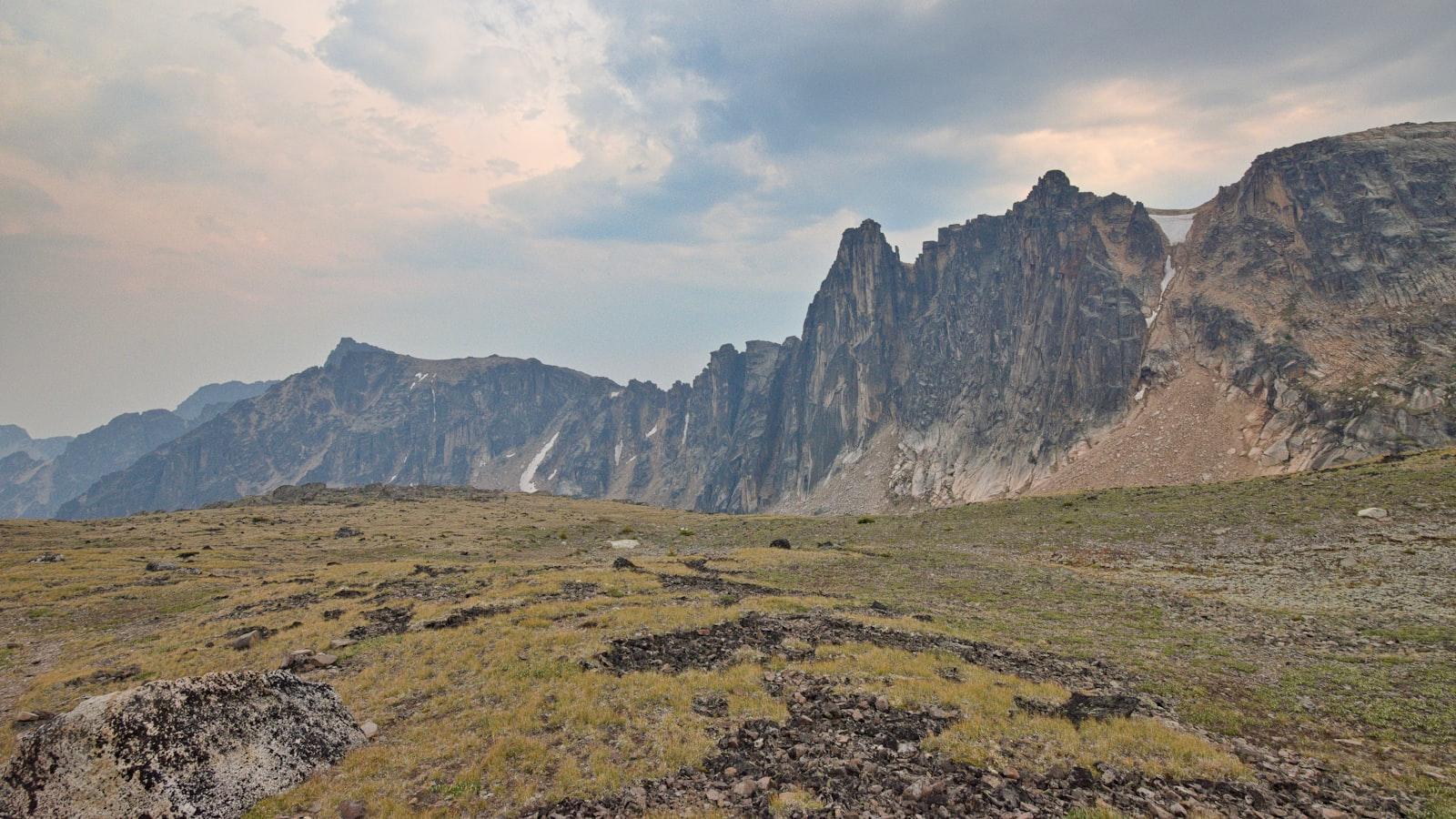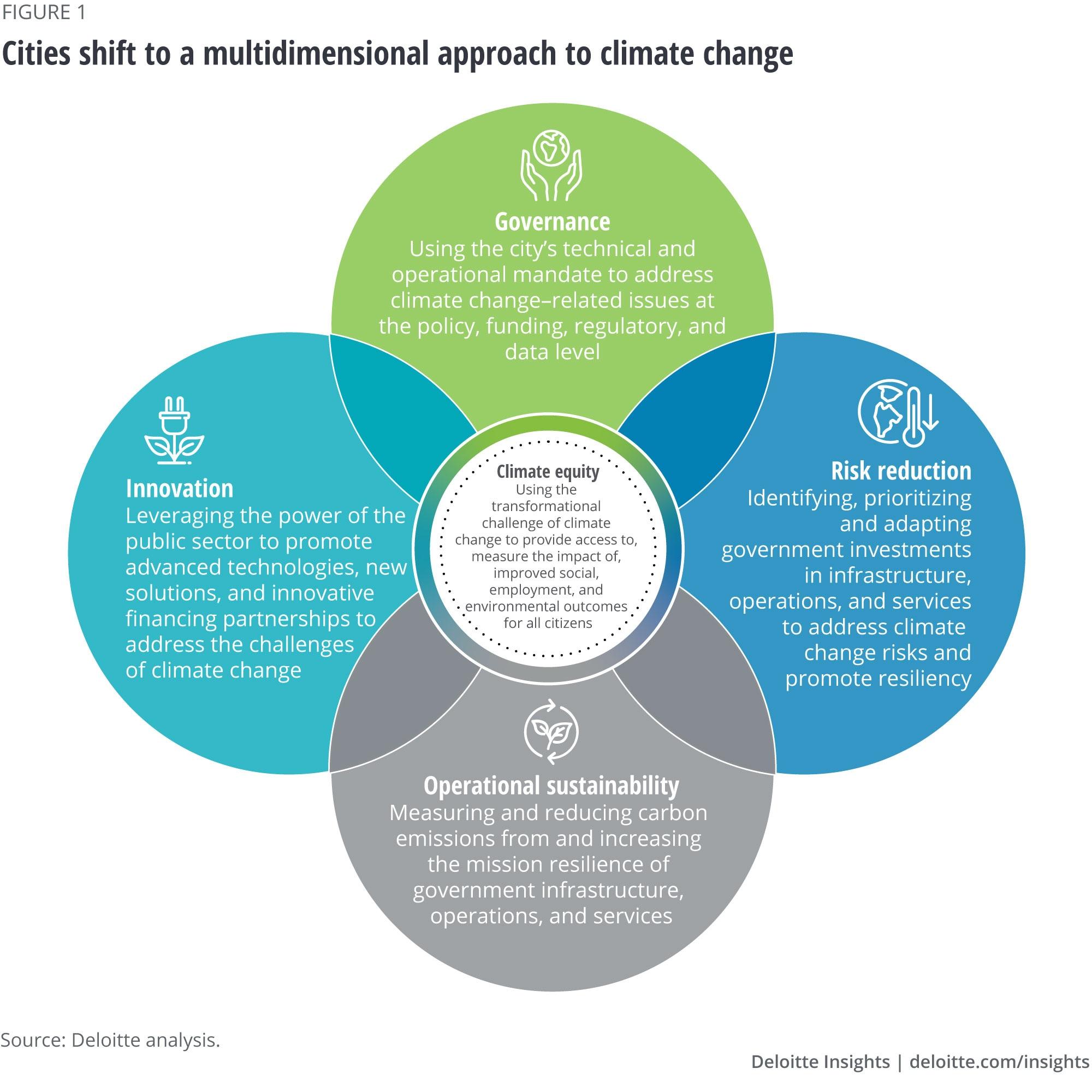In the lush and biodiverse regions of Madagascar, a hidden treasure has been unearthed – the rediscovery of climate-resilient coffee species. With the increasing threats of climate change impacting coffee production worldwide, this unexpected find brings new hope for the future of the beloved beverage. Join us as we explore the significance of this groundbreaking discovery and its potential to revolutionize the coffee industry.
Table of Contents
- Rediscovery of Climate-Resilient Coffee Species
- Enhancing Sustainability in Coffee Production
- Implications for Future Agricultural Practices
- Protecting Biodiversity for Resilient Crop Development
- Q&A
- In Conclusion

Rediscovery of Climate-Resilient Coffee Species
Exciting news in the world of coffee as a team of researchers has rediscovered a long-lost species of coffee plants that are highly resilient to climate change. These “climate-resilient” coffee plants have the potential to revolutionize the coffee industry by providing a sustainable solution to the challenges posed by global warming.
The rediscovery of these resilient coffee species opens up new opportunities for coffee farmers to adapt to changing climates and ensure the future viability of their crops. With their ability to thrive despite fluctuating temperatures and weather patterns, these coffee plants offer hope for a more resilient and sustainable coffee industry in the face of climate change.

Enhancing Sustainability in Coffee Production
In a groundbreaking discovery, a team of researchers has unearthed a long-lost coffee species that shows remarkable resilience to climate change. This rediscovered species, Coffea resiliens, is being hailed as the key to . Unlike traditional Arabica and Robusta species, Coffea resiliens has shown the ability to thrive in harsh environmental conditions, making it ideal for regions susceptible to climate variability.
This rediscovery has sparked excitement within the coffee industry, as experts believe that incorporating Coffea resiliens into existing coffee plantations could revolutionize the way coffee is grown. By planting a more climate-resilient species, farmers can mitigate the risks associated with climate change and ensure a more stable supply of high-quality coffee beans. This development represents a significant step towards and securing the future of the industry.

Implications for Future Agricultural Practices
In a groundbreaking discovery, scientists have recently rediscovered a species of coffee that is deemed to be “climate-resilient”. This finding has sparked excitement among farmers and researchers alike, as it holds great potential for future agricultural practices in the face of changing climate conditions.
The “climate-resilient” coffee species exhibits unique characteristics that make it more adaptable to extreme weather events, such as droughts and floods. This could revolutionize the way coffee is grown, offering a sustainable solution for farmers in regions susceptible to unpredictable weather patterns. By incorporating this species into future agricultural practices, we may be able to ensure a more stable coffee supply chain, benefiting both farmers and consumers worldwide.

Protecting Biodiversity for Resilient Crop Development
Researchers have made an exciting discovery in the world of coffee biodiversity, uncovering a long-lost species that could hold the key to developing more resilient coffee crops. The newly rediscovered species, known as *Coffee arabica robusta*, has been found to have unique genetic traits that make it well-suited to withstand the challenges posed by climate change.
Unlike traditional coffee species, *Coffee arabica robusta* has shown a remarkable ability to thrive in diverse environments and resist diseases, pests, and extreme weather conditions. This makes it a valuable resource for developing climate-resilient coffee varieties that can ensure the sustainability of the coffee industry in the face of a changing climate. By preserving and studying rare and endangered coffee species like *Coffee arabica robusta*, we can better understand the genetic diversity of coffee plants and harness their unique traits to create crops that are more robust and adaptive.
Q&A
Q: What is the significance of the rediscovery of “climate-resilient” coffee species?
A: The rediscovery of these species is significant as they possess traits that make them better suited to withstand the challenges posed by climate change, such as extreme temperatures and changing weather patterns.
Q: Why were these species considered lost or rare?
A: These species were considered lost or rare due to the rapid expansion of commercial coffee plantations, which focused on more common varieties that were not as equipped to handle the effects of climate change.
Q: How can the rediscovery of these species benefit coffee production?
A: The rediscovery of these species can benefit coffee production by providing a more sustainable option for farmers in the face of climate change, as they require less resources and are better able to adapt to changing conditions.
Q: What steps are being taken to ensure these species are protected and cultivated?
A: Efforts are being made to protect and cultivate these species by establishing gene banks, conducting research on their resilience, and working with farmers to incorporate them into their production practices.
Q: Are there any potential drawbacks or challenges in reintroducing these species?
A: One potential challenge in reintroducing these species is the need to educate and convince farmers of their benefits, as well as the time and resources required to scale up production. Additionally, there may be issues with crossbreeding and genetic contamination with common varieties.
In Conclusion
As we delve deeper into the intricate world of coffee cultivation, the rediscovery of “climate-resilient” coffee species shines a light on the potential for adaptation in the face of changing environmental conditions. With a renewed focus on sustainability and resilience, the future of coffee production looks promising. By harnessing the resilient qualities of these forgotten species, we may just find a way to weather the storm of climate change and ensure a thriving coffee industry for generations to come. So let’s raise our cups to innovation, conservation, and a brighter, more resilient future for coffee. Cheers to the rediscovery of these extraordinary beans!










